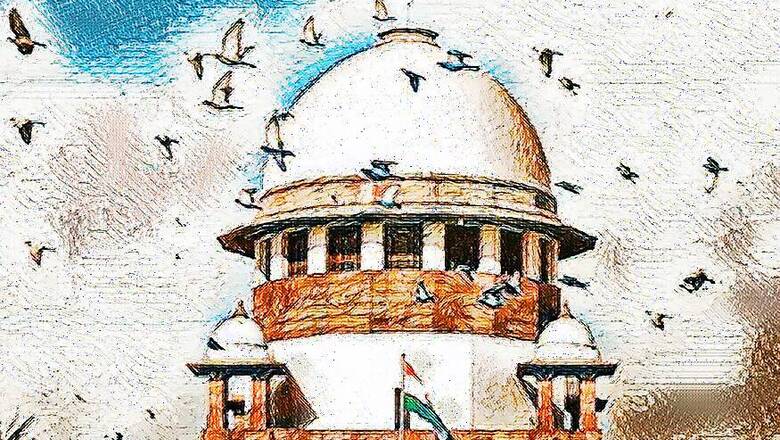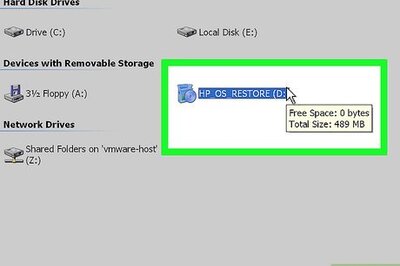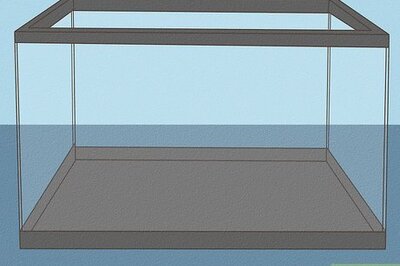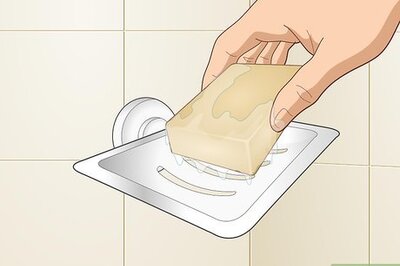
views
New Delhi: Aimed at reducing pendency, the Supreme Court, for the first time since it was set up, will have Single Judge benches sitting routinely to decide cases of bail and transfer.
Till date, there used to be only two judge benches (Division Bench) or benches with more number of judges, constituted in the Supreme Court to decide all category of cases
However, as suggested by the Chief Justice of India, the Central government has now notified new rules that provide for the apex court to have judges sitting singly to finally decide cases of bail and anticipatory bail where the punishment of the offences is up to seven years in jail.
This category of offences can range from criminal charges to charge under the Prevention of Corruption Act.
The new provisions have been inserted under the existing Supreme Court Rules, 2013. The CJI shall nominate the Single Judge for deciding cases.
The fresh provisions add that petitions to transfer criminal cases from one court to another court, under Section 406 of the CrPC, shall also be decided by the Single Judge benches.
Similarly, plea for transfer of civil suits under Section 25 of the Civil Procedure Code, shall also be taken up by the Single Judge benches.
This is the first when a Single Judge bench has been formed in the top court to regularly take up cases. Under the old rules, it was only during vacation when a Single Judge bench could hear such cases.
The celebrated verdict in Indira Gandhi's election disqualification case was delivered by Justice Krishna Iyer when he was sitting singly - - during the summer vacation in the Supreme Court.
The attempt, apparently, is to cut down the pendency in the top court, which currently has more than 60,000 pending cases.
The move, however, may have its own problems too. The Supreme Court is a constitutional court, and a Single Judge may also be delivering ground breaking judgments. But, it may not be desirable for a Single Judge Bench to lay a down new law or a new jurisprudence on issues of bail and transfer.
Also, there could be certain instances wherein a Single Judge Bench would be sitting in appeal over decisions by the two judge benches in high courts.
One prime reason for having division benches or benches of larger composition in the top court was to ensure a proper deliberation between the judges before arriving at a decision because the orders of the Supreme Court are final and not appealable. Single Judge benches and the parties will not have this advantage.




















Comments
0 comment